
When Buying Shrimp, Be Extra Cautious to Avoid These 5 Types of Harmful “Hormone Shrimp”
When Buying Shrimp, Be Extra Cautious to Avoid These 5 Types of Harmful “Hormone Shrimp” – Even Seasoned Shoppers Can Be Fooled!
A few small tips below can help you avoid buying “hormone shrimp” – not only do they taste worse, but they can also pose serious health risks.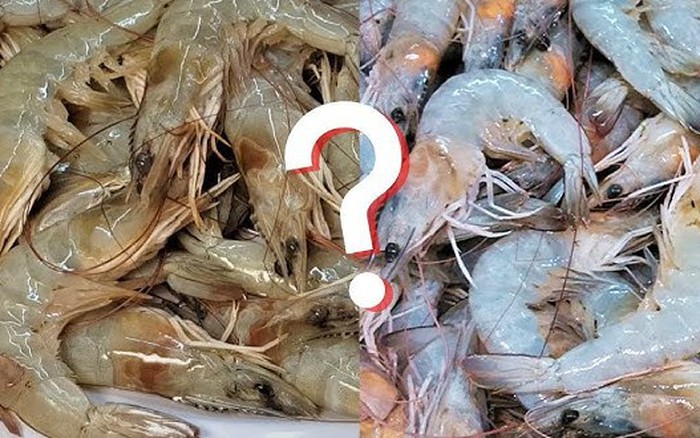
Shrimp is a favorite dish for many Vietnamese people thanks to its delicious taste, easy preparation, and rich nutritional value. However, with just a little carelessness at the market or supermarket, you could end up buying “hormone shrimp” – shrimp that may look attractive but are harmful to health and poor in nutrients.
“Hormone shrimp” is a common term referring to shrimp that are raised with the use of growth hormones, chemical stimulants, or unknown industrial feed. These substances help shrimp grow rapidly, achieving uniform size and appearance to sell more easily and generate greater profits.
Regular consumption of these shrimp can lead to hormone and chemical residues entering the human body. This may result in endocrine disorders, liver and kidney damage, increased cancer risk, or impaired development in children. Alarmingly, even experienced shoppers can be misled by their shiny, appealing look.
To protect your family’s health, here are 5 telltale signs of “hormone shrimp” you should watch out for:
1. Glossy Shells and Unusual Colors
Fresh shrimp typically have slightly shiny shells with natural colors: black tiger shrimp are grayish-brown, whiteleg shrimp are pale pink, and lobster shrimp are bluish-green to dark. Shrimp treated with hormones or chemicals, however, often have unnaturally glossy shells (as if oiled) and strange colors like bright red, iridescent blue, or pale white – signs of chemical soaking or forced growth. Keep in mind: shrimp that look too perfect might actually be unsafe.
2. Oversized and Unnaturally Uniform Shrimp
Naturally farmed or properly raised shrimp vary in size – some big, some small. But “hormone shrimp” are often injected or fed with hormone-laced feed, causing them to grow rapidly and uniformly, almost like they were mass-produced. If you notice that all the shrimp are exactly the same size with overly plump meat, be on high alert.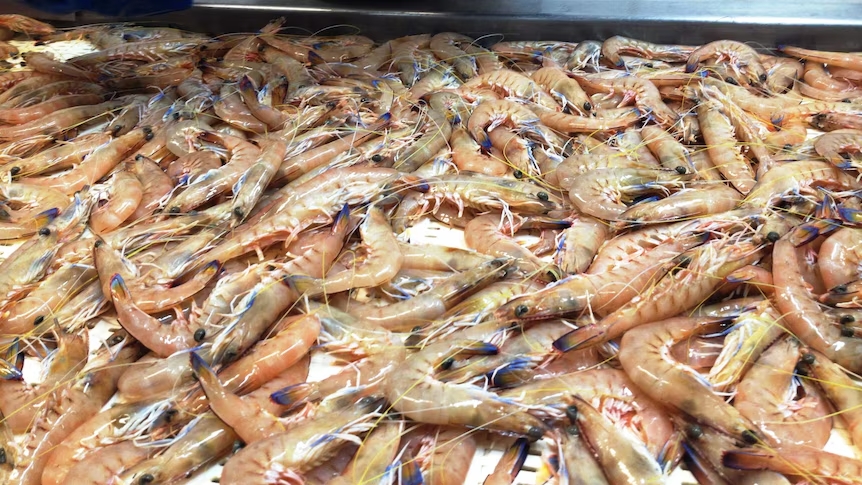
3. Strange Odors
Fresh shrimp should have a light, ocean-like scent—not fishy or harsh. If the shrimp smell overly fishy, like disinfectant, chemicals, or have a pungent odor, you should avoid them no matter how fresh or visually appealing they seem. This is a strong indicator that the shrimp may have been preserved with unsafe chemicals or raised with inappropriate hormones and feed.
4. Abnormally Large Heads and Unbalanced Bodies
In healthy shrimp, the head-to-body ratio is balanced. In contrast, “hormone shrimp” often have oversized heads that may take up nearly half the body length. This is due to hormones stimulating excessive growth of the internal organs in the head—where the liver, gut, and metabolic system are located. If the shrimp's head looks disproportionately large or oddly shaped, it’s best not to buy it.
5. Soft, Mushy Flesh with No Bounce
Good shrimp have firm, slightly springy meat that bounces back when pressed. Hormone-boosted shrimp grow fast, but their muscles can’t keep up, often resulting in mushy, limp flesh that easily breaks down when cooked. They also tend to taste bland and lack the natural sweetness of wild or properly farmed shrimp. If you touch the shrimp and it feels limp or if it shrinks significantly when cooked, chances are it’s “hormone shrimp.”
Bonus Tips:
-
Buy shrimp from reputable stores or large supermarkets with clear quality control.
-
Avoid shrimp that are too big, too shiny, or too vibrantly colored.
-
Choose live shrimp or ones with intact bodies. Stay away from pre-shelled or pre-prepped shrimp, as it’s harder to tell their true quality.
Your health—and your taste buds—will thank you!
News in the same category

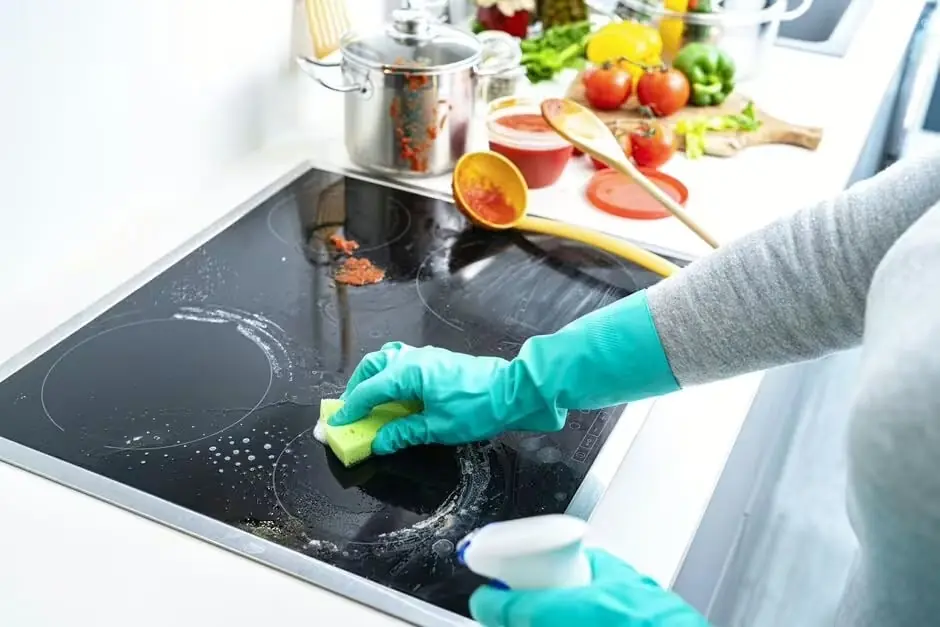
The secret to removing stubborn stains on glass stovetops without scratching the surface
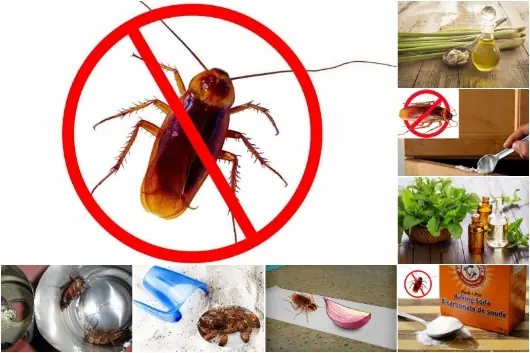
A Dirt-Cheap Kitchen Item Is the Ultimate Cockroach Kil.ler

7 Mistakes You Should NEVER Make During Hotel Checkout

10 Smart Things Every Traveler MUST Do When Checking Into a Hotel Room

Should we cover the air conditioner condenser when it is sunny or rainy? Electricians warn against mistakes many people make

Does turning on an electric fan all day and night consume more electricity than turning on the air conditioner?
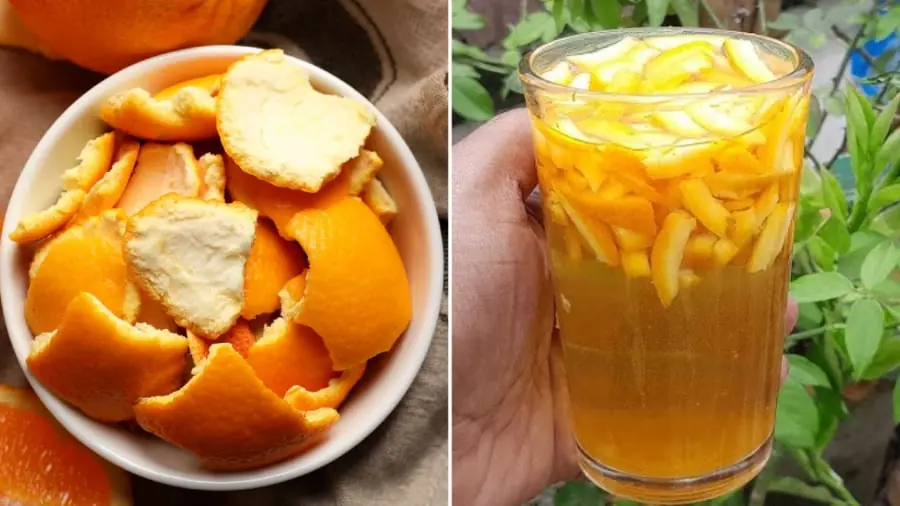
Orange Peels Have 3 Surprising Uses

3 Ways to Kill Spiders and Spider Webs in Your Home

Does Using Strong Fan Mode on the Air Conditioner Consume More Electricity?
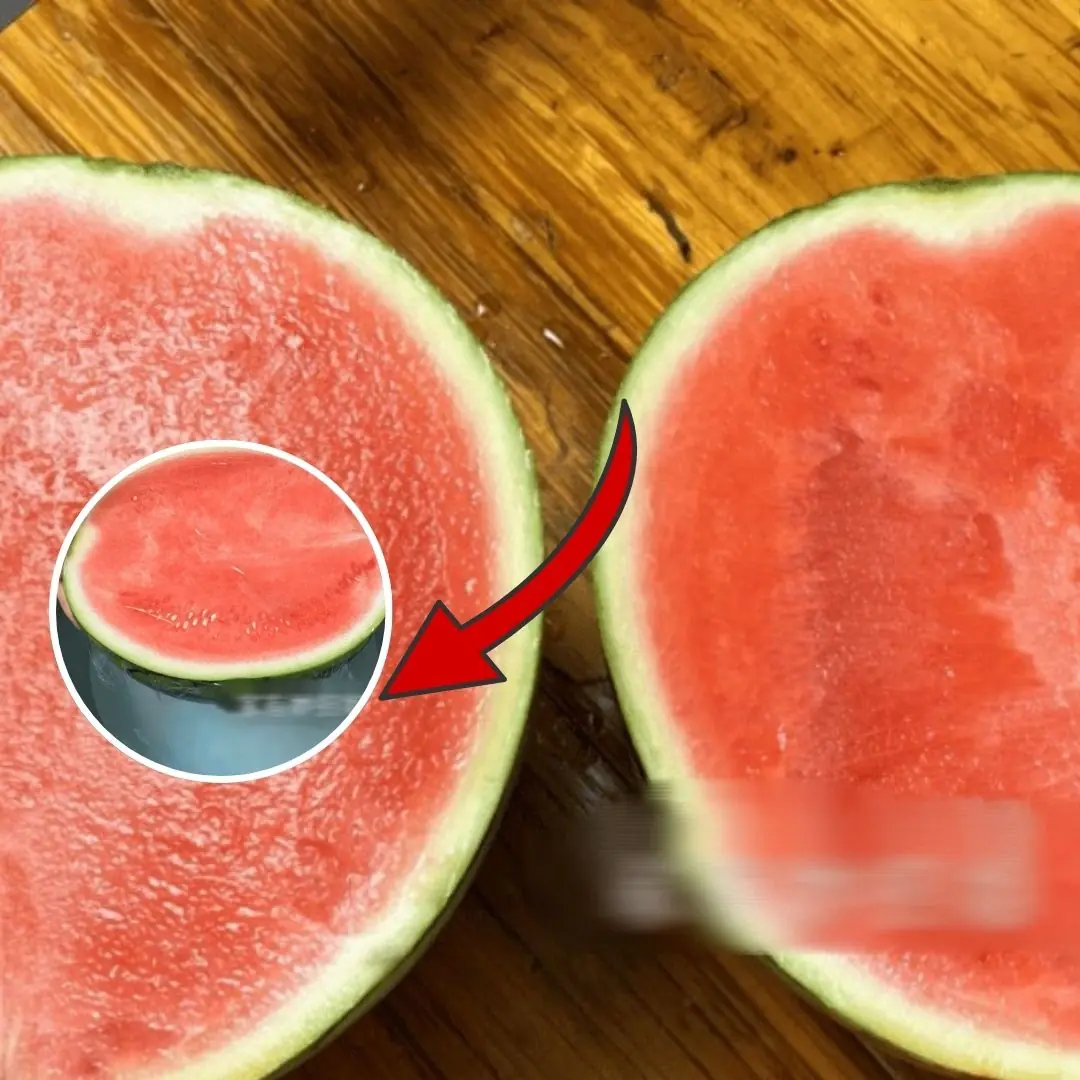
Leftover watermelon in the fridge is not necessarily safe – if not done properly, the risk of bacterial contamination is very high!

The Surprising Benefits of Ginger Peel

Common Fridge Mistakes That Secretly Create Toxins — And Put Your Health at Risk

Don't be foolish to buy 6 items that easily contain Formaldehyde, causing can.cer and shortening life.

Read The Clouds: 5 Signs A Storm Is Brewing

Want beautiful, smooth, and bright skin in the summer? Eat these 5 "miraculous" fruits right away!
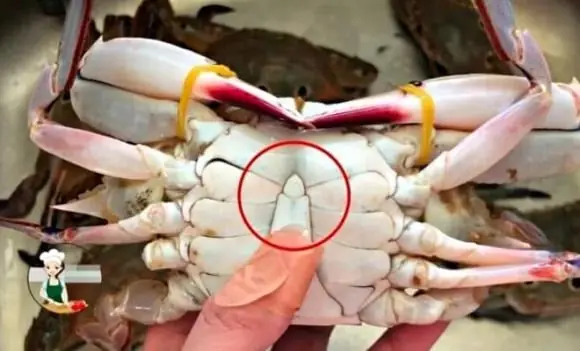
4 Expert Tips to Choose Meaty, Flavorful Crabs and Avoid Getting Ripped Off

5 kitchen appliances you will regret if you don't buy soon
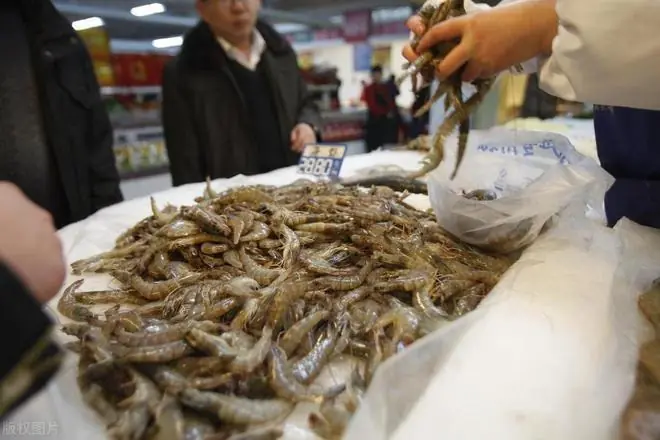
Hormone-injected shrimp has 4 obvious signs, no matter how cheap it is, definitely DO NOT BUY
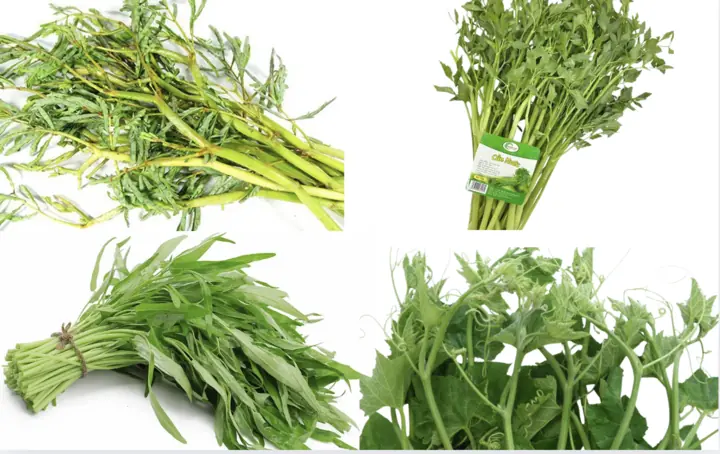
Experts point out vegetables that are easily contaminated with heavy metals
News Post

Tsunami and its warning signs, essential for those who often go to sea

Ever seen red-tipped bananas in Europe? Here’s why they look that way
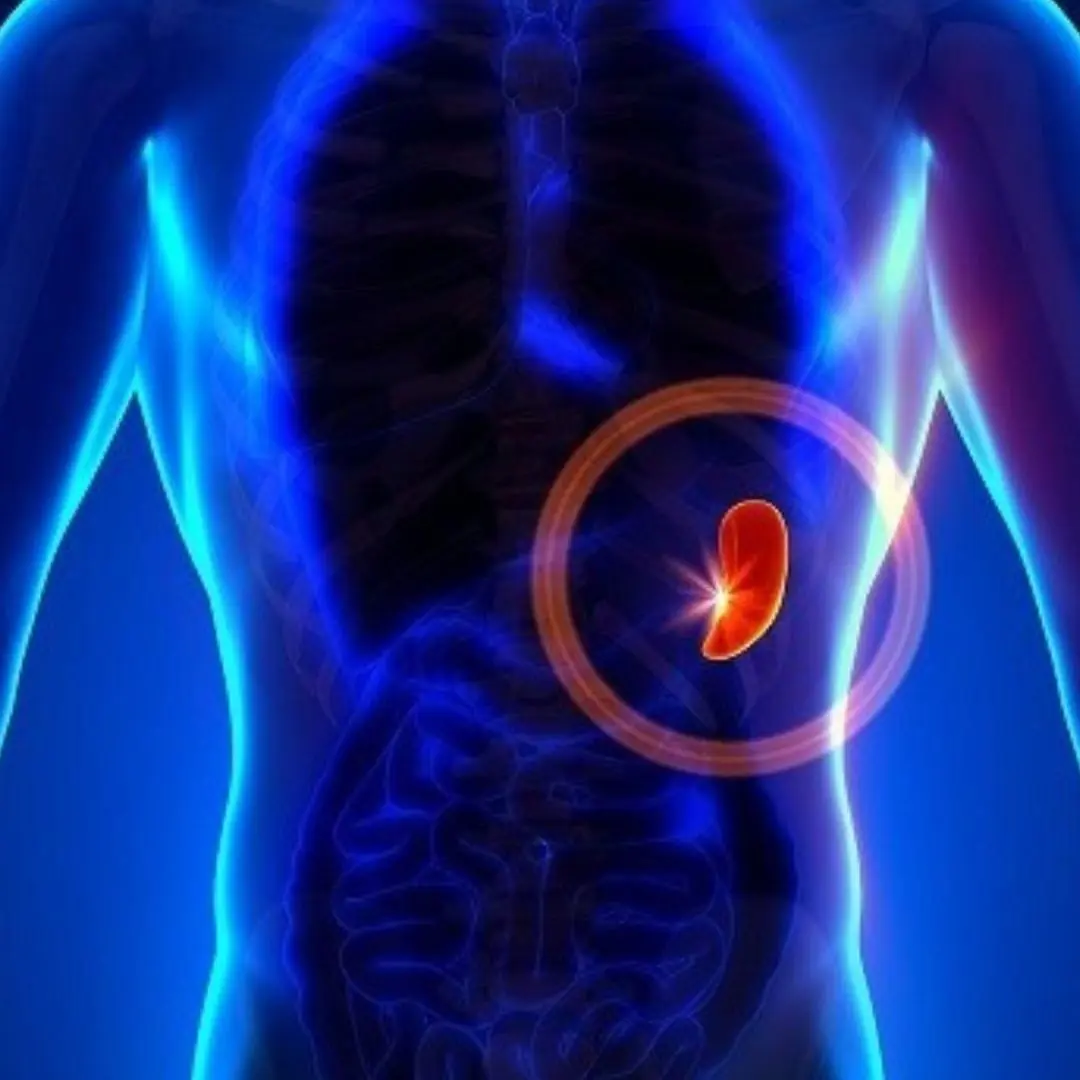
Spleen Cancer: A Rare But Dangerous Disease – You Need To Know!

When You Propose, Why Do You Get Down On One Knee? Exploring The Tradition Behind The Romantic Gesture
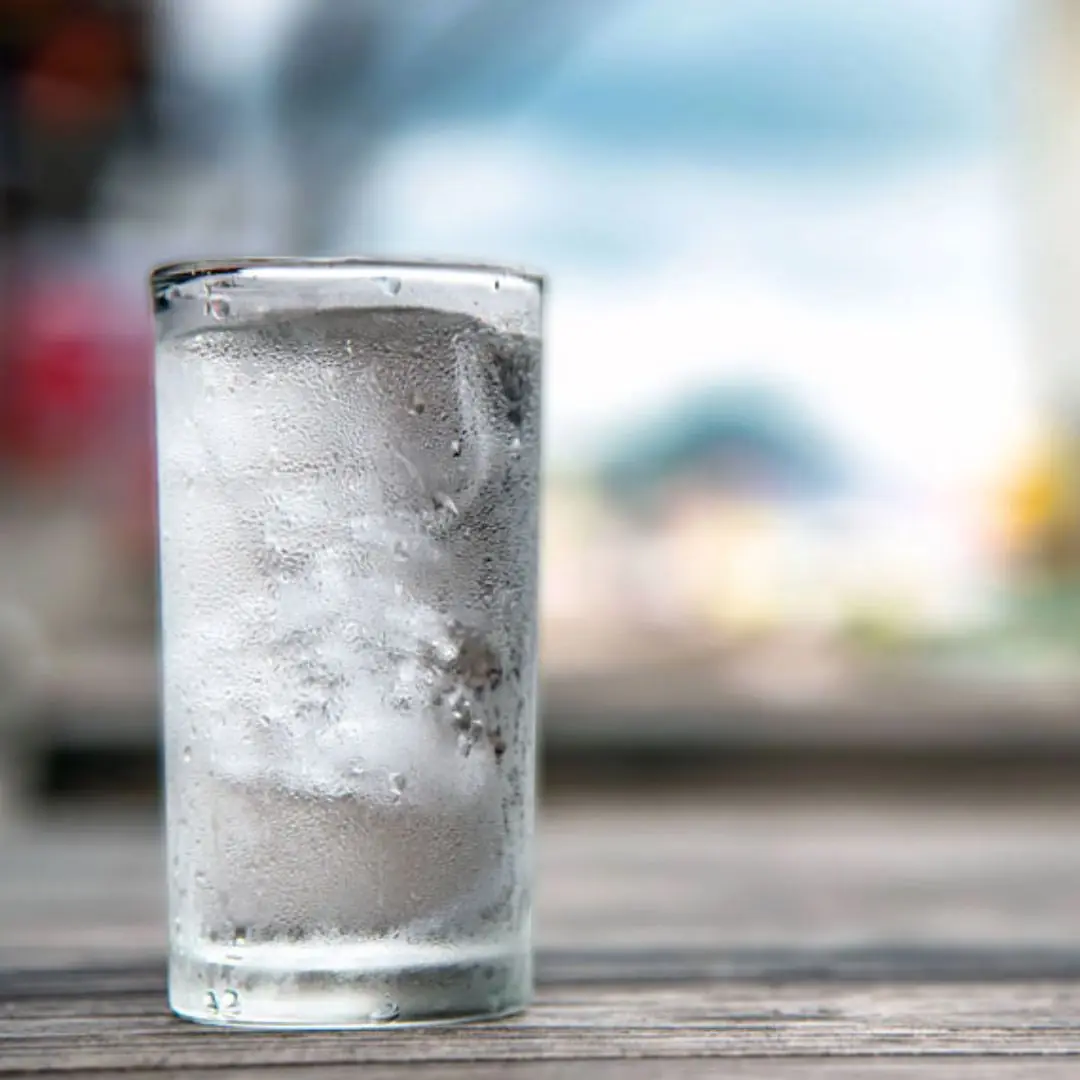
Drinking cold water at these 5 times can easily cause illness, no matter how much you like it, you should stay away from it

Achy Mornings? Here’s What Your Body’s Trying to Tell You — And How to Fix It
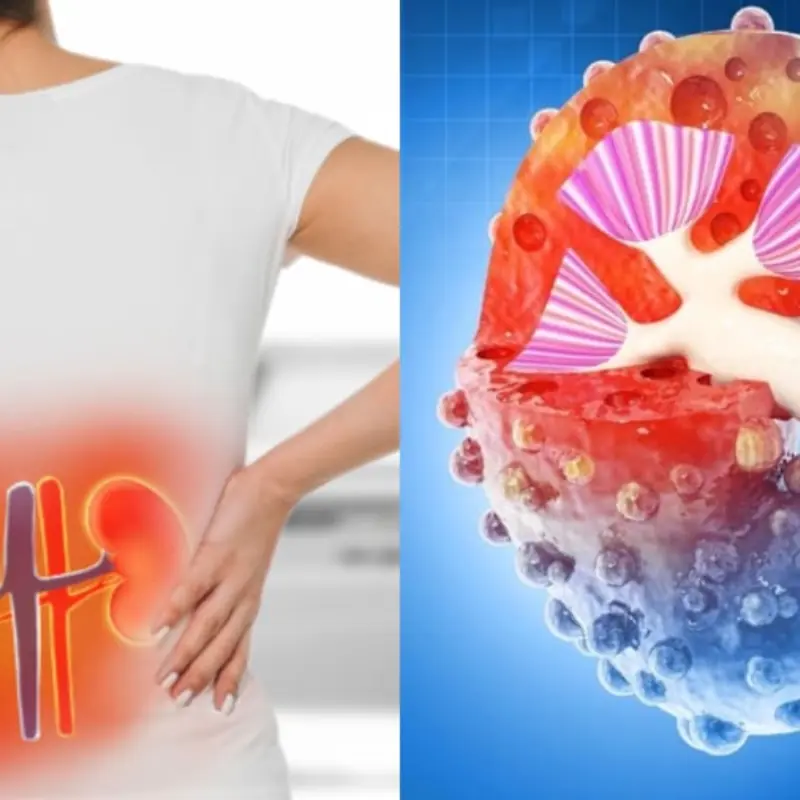
8 Early Signs of Mild Kid.ney Failure That Many People Ignore

Drinking Fresh Ginger Juice in the Morning Offers 5 Special Benefits

4 familiar traditional leaves that help de.t.o.x and cleanse the lu.ngs
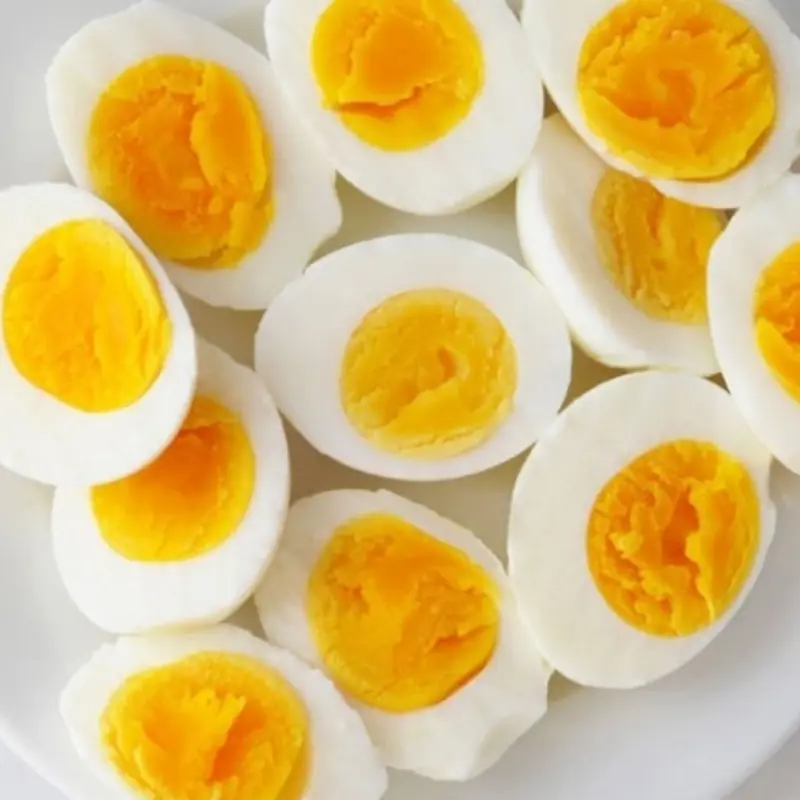
Top 5 Everyday Foods That Help Women Reduce Excess Fat After 40

5 Pancreatic Can.cer Symptoms Often Mistaken for Sto.mach Issues

5 Types of Drinks That Can Harm Your Liv.er and Kid.neys at Night

Squint your eyes and guess what animals are hiding behind these illusions

Avoid These 3 Mistakes That Waste Electricity and Harm Your Health

The secret to removing stubborn stains on glass stovetops without scratching the surface

A Dirt-Cheap Kitchen Item Is the Ultimate Cockroach Kil.ler
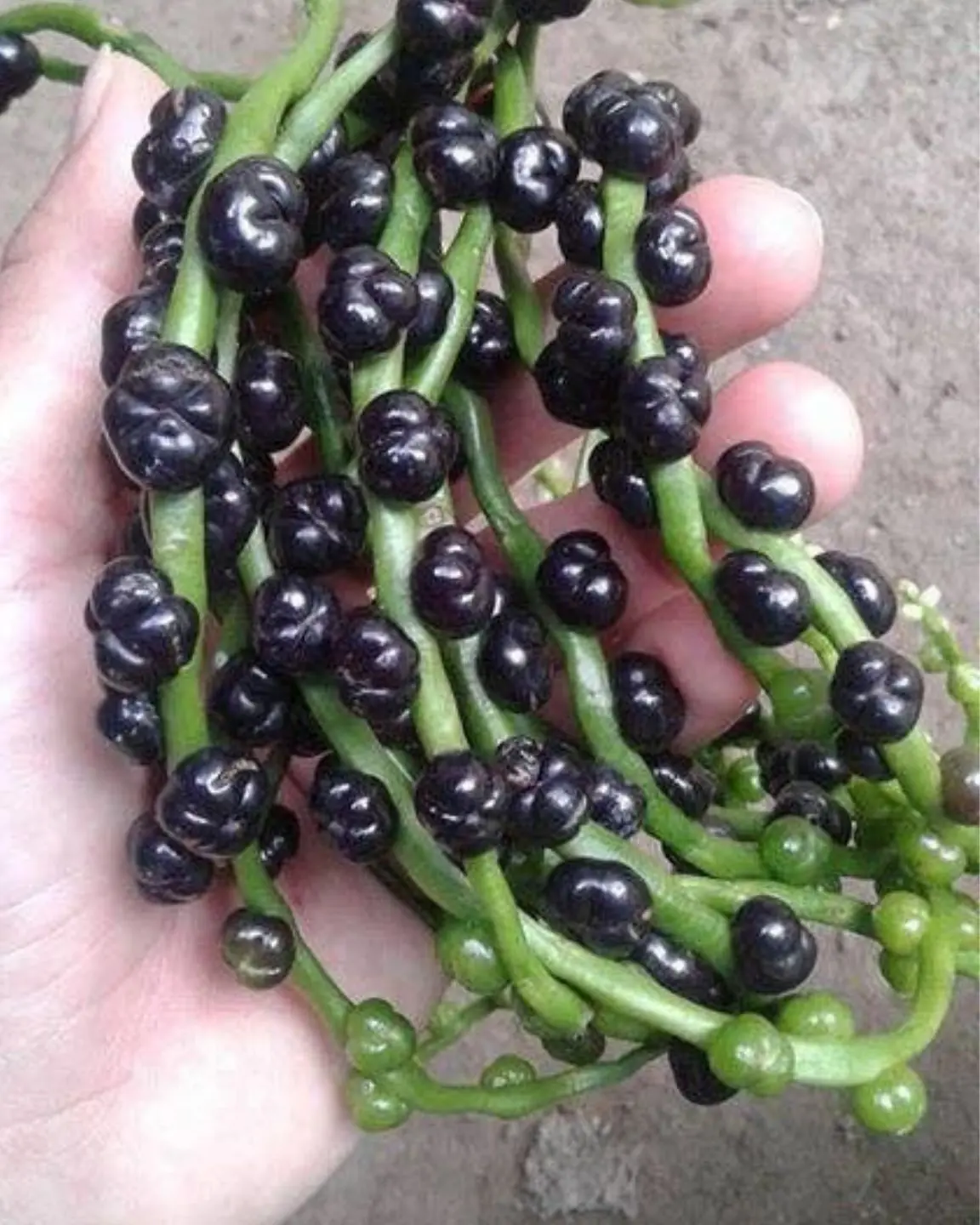
Only 1% of people guess correctly this fruit associated with childhood – are you one of them?
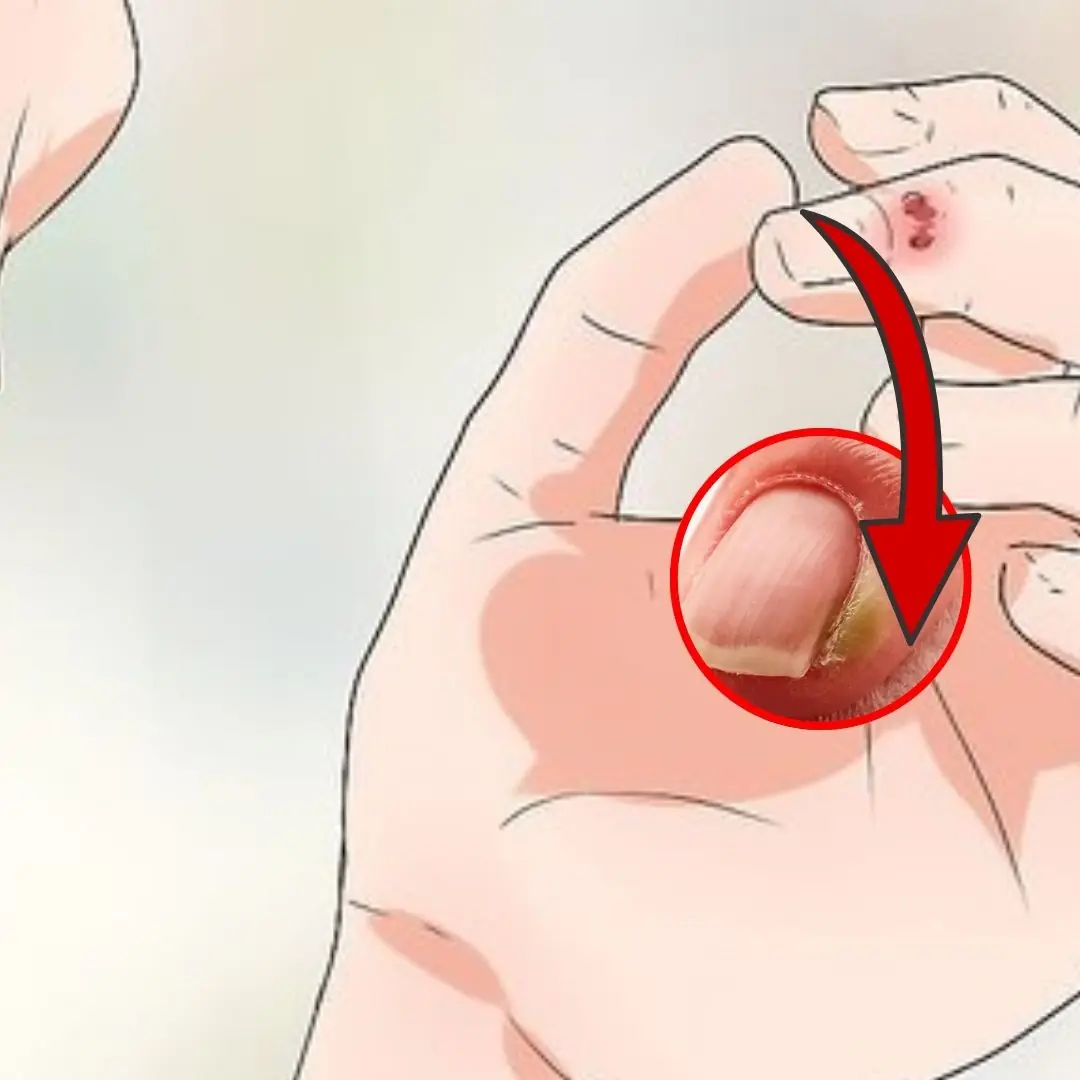
Suffering from Canker Sores? Here Are 3 Powerful Home Treatments You Should Try
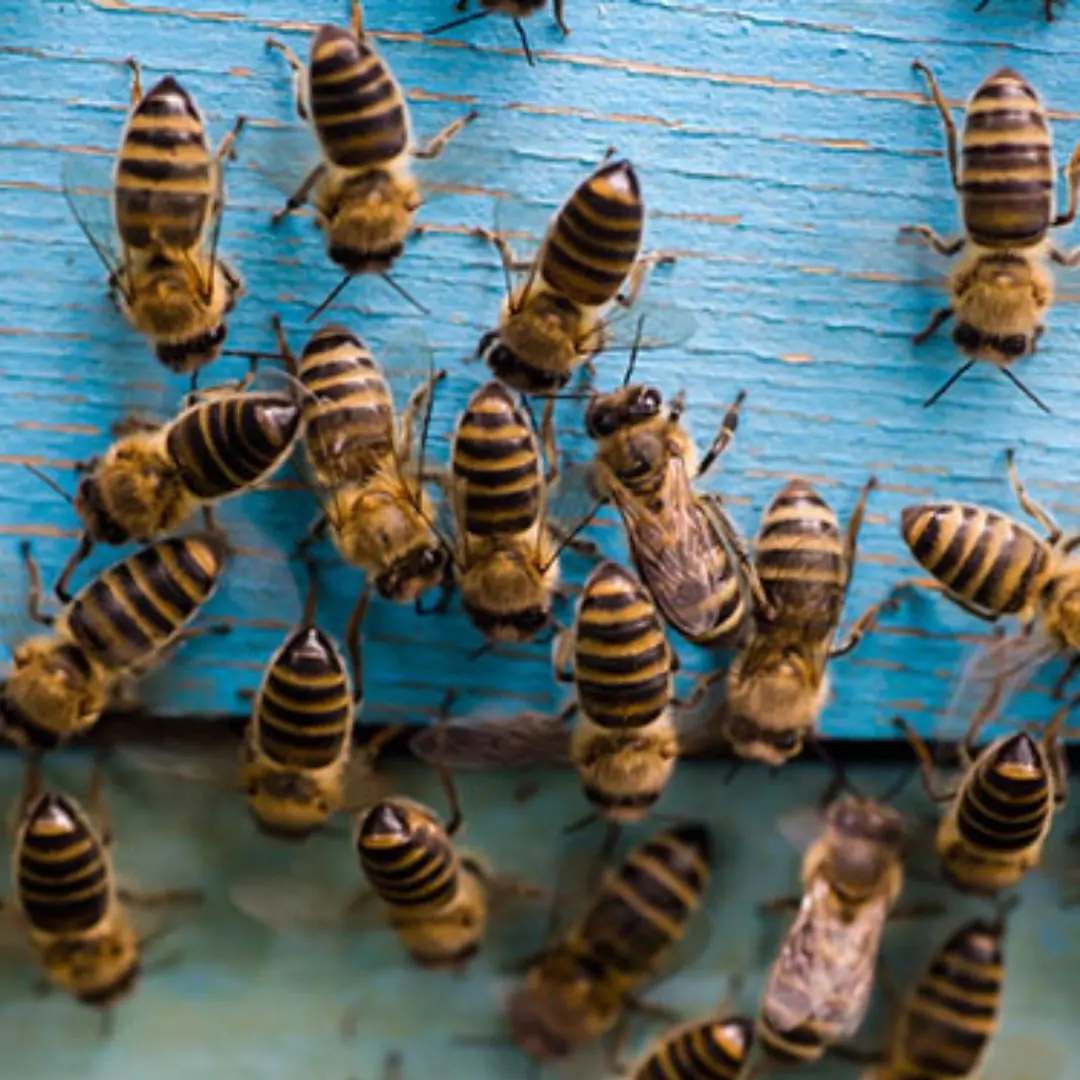
Is Your Home a Hidden Hive? 5 Signs of a Bee Infestation
